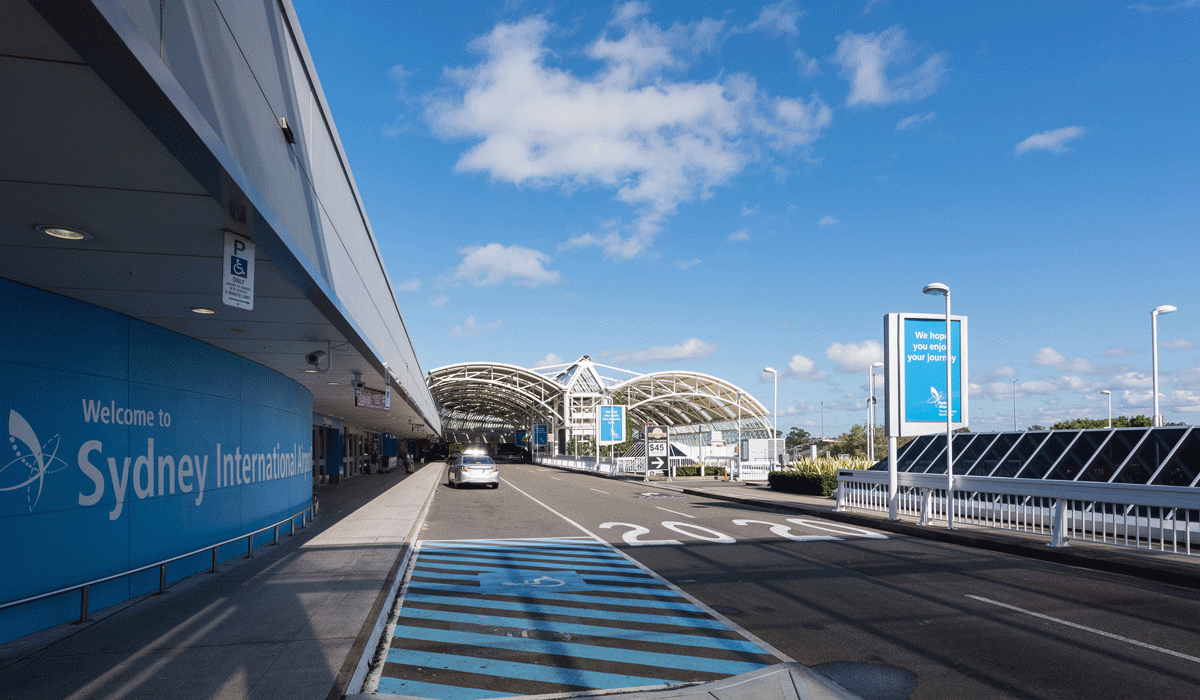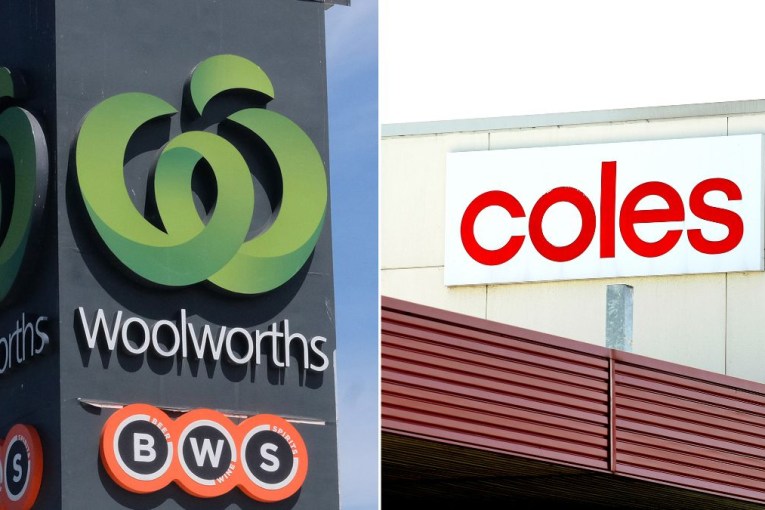‘Profits at the expense of consumers’: How Australia’s airport monopolies are costing us


A Productivity Commission report on Australia's airports flies in the face of consumer experience, experts say. Photo: Getty
Australia’s airports are operating under an “enormous” monopoly, and it’s consumers who are being slugged for it, the nation’s leading aviation experts say.
Aviation experts objected to the Productivity Commission’s draft report on the Economic Regulation of Airports released on Wednesday, arguing the recommendations fly in the face of consumer experience.
The report found that “existing airport regulation benefits the community, and remains fit for purpose”.
It said the nation’s big four airports – Sydney, Melbourne, Perth and Brisbane – have “not systematically exercised their market power to the detriment of the community” and “generated returns sufficient to promote investment while not earning excessive profits”.
However, industry bodies say the airports are operating without regulation, and have begged the commission to consider “real change” recommendations.
Airline industry group Airlines for Australia and New Zealand (A4ANZ) called for an urgent rethink of the draft report’s recommendations, arguing that Australia’s airports enjoy an “unregulated revenue stream” and “high airport profits at the expense of consumers”.
“The Australian public know there is an enormous problem with our monopoly airports. They are the ones paying for it,” A4ANZ chairman and former consumer watchdog chief Professor Graeme Samuel said.
“It beggars belief that the commission could simply set aside such highly credible evidence from experts both in Australia and internationally in their choice not to suggest real change.”
What parking gouge?
The Productivity Commission also defended the cost of airport car parking.
While a leading Australian think tank found airports were earning substantial profits from car parks, the commission explained its findings on prices consumers are “resentful” towards.
“Car parking charges are not due to airports exercising their market power — the price of parking at-terminal can largely be explained by the value passengers place on convenience, the limited amount of land close to the terminal, and the need to manage congestion,” the report stated.
But a 2017 report by independent think tank the Grattan Institute revealed the major airports were earning “very substantial supernormal returns” on average over the five-year period from 2010-11 to 2015-16.
“On the period we examined, over 40 per cent of the profit earned by major airports were in excess of the cost of capital. To me that shows that while they may be providing good quality service and investing strongly, they nevertheless have been charging heavily,” economist and report author Jim Minifie said.
However, Dr Minifie cautioned that it was “quite possible that consumers are better off with a lighter-touch regulatory model that permits airports to earn some degree of super-profit”.
“You could force the return down to the estimated cost of capital but service could be much worse,” he said.
The Productivity Commission inquiry is set to continue with public hearings scheduled for March, before a final report is handed to the government in June.
Professor Samuel said the public hearings would “no doubt bring to light yet more examples of airport customers being treated badly and underscore the need for change”.
Where the problem lies
Monash University aviation expert Professor Greg Bamber said the privatisation and deregulation of Australia’s airports was to blame for the situation.
“To some extent airports are a ‘natural monopoly’ but it’s very important for natural monopolies to be well regulated in the public interest, and I see no evidence of that in Australia,” Professor Bamber said.
“Consumers are right to be frustrated at the inadequate infrastructure and the high cost of services such as airport parking, shops, and the levies imposed on taxis and ride-sharing companies.”
The problem has become “particularly acute” in Australia due to a lack of alternatives to air travel, such as high-speed rail that the country has been “crying out for” for decades, Professor Bamber said.
“If you’re travelling between Lyon and Paris you’ve got a choice to get the high-speed train, or fly, or get an express bus,” he said.
“We have a dreadful interstate railway system that has been neglected. If we were to have a high-speed rail there’d be far less need for air travel, which is not very climate change-friendly.”








